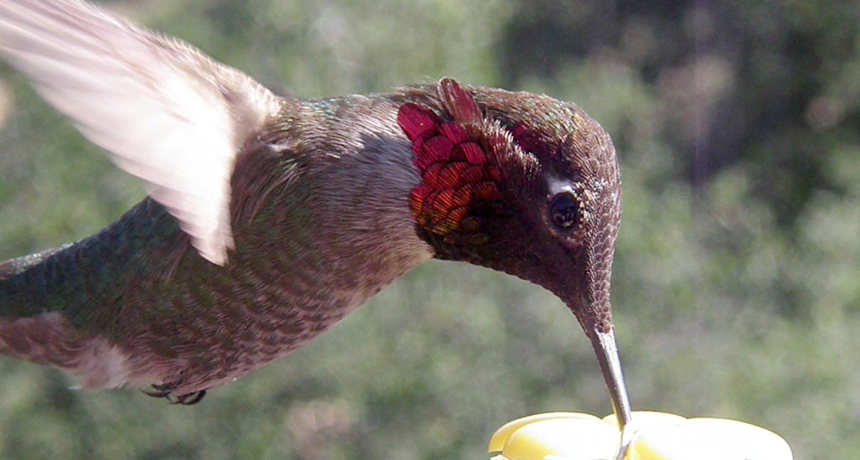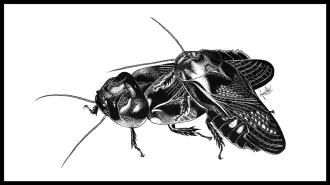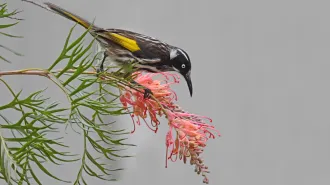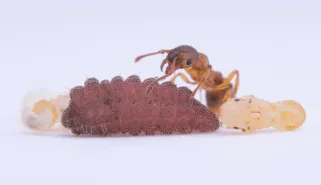Hummingbirds evolved a strange taste for sugar
Nectar-sipping birds seem to have regained a sweet tooth lost by an ancestor

TASTY Hummingbirds, like this Anna’s Hummingbird in California, detect sweet nectar with a converted savory-sensing protein, a new study suggests.
M. W. Baldwin






